| Content | The first of two volumes of a comprehensive exposition of Islamic political theory by the renowned scholar Ayatullah Muhammad Taqi Misbah Yazdi, which deals with the importance of recognizing Islam as the basis of any just political theory, methods of implementing such a theory by the government, and comparing and contrasting this Islamic system with the system predominant in most Western and secular nations.
Under the legislation aspect of the Islamic political theory, the topics discussed include:
- The important questions in the realm of Islamic polity
- The importance and exigency of discussing the Islamic political theory
- The station of politics in religion
- Freedom in Islam
- Freedom and its limit and boundary
- The structure and form of government
- The status of laws in the religious system
- Law and the difference in outlook and origin
- The criterion of the law's credibility
- The difference in outlooks of Islam and the West on values
- The fundamental difference in the outlooks of Islam and the West on law
- The West's materialistic outlook on law
- The Islamic government, challenges, and cultural plots
- The difference between the divine and atheistic cultures in the realm of law and freedom
- The relationship between religious legislative lordship (rububiyyat-e tashri'i), and sovereignty and legislation
- The requisites of legislation and its station in Islam
- The distinctive features of Islam in the realm of politics and government
- A new portrait of the station of law and government
- Islam and democracy
- The essence of the unity in humanity and the citizenship of citizens
- HEAVILY SUBSIDIZED BY WWW.ISLAMICTHOUGHT.CO.UK
| By Abdul Adheem al-Muhtadi al-Bahrani Shipping Costs are £2.99 Per Book | Principles of good governance in the letter of Ali to al-Ashtar refers to a set of instructions and advice for rulers, reputedly addressed at Malik al-Ashtar (d. 657), the Arab military commander and an ardent supporter of Ali ibn Abi Talib (d. 661), who was the fourth Rashidun caliph (r. 656–661), the first Shia imam, and the cousin and son-in-law of the Islamic prophet Muhammad. The letter is attributed to Ali and outlines his conception of just and righteous governance, following the appointment of al-Ashtar as the new governor of Egypt circa 657 CE. Among the earliest extant records about Islamic rule, the letter has received considerable attention throughout the Muslim history as a blueprint for Islamic governance. The theme of the letter can be summarized as justice and compassion for all, regardless of class, creed, and color. Malik was killed en route to Egypt to assume his new post at the instigation of Mu'awiya, the archenemy of Ali.
HEAVILY SUBSIDIZED BY WWW.ISLAMICTHOUGHT.CO.UK | This text explains in detail the meaning of Worship and Intention, as well as how different stages of worship are acquired. He then goes on to explain the different actions of Prayer in detail, such as the first Takbir, & the recitation of the Suras
Heavily subsidized by www.islamicthought.co.uk | A series of letters debating Shi'i and Sunni beliefs between the late Shi'i scholar Sharaf al-Din, and the late Sunni scholar and head of Al-Azhar university of that time, Al-Shaykh Salim al-Bishri al-Maliki. The written form of the debates in book, has the advantage that the two parties had the opportunity to provide the best possible replies they could give. The book is written without any disrespect and under mutual fairness. This is one of the most important books that provides a well-argued account of Shiite beliefs, drawing upon reliable sources with a persuasive tone.
HEAVILY SUBSIDIZED BY WWW.ISLAMICTHOUGHT.CO.UK | Topics covered from Nahjul Balagha. 1 Self purification 2 Quran 3 Phenomenon& Noumenon 4 Spirituality 5 Perfect human 6 Natural sciences 7 Remedy for India 8 Humanity 9 Model of education 10 Humanist text
HEAVILY SUBSIDIZED BY WWW.ISLAMICTHOUGHT.CO.UK |


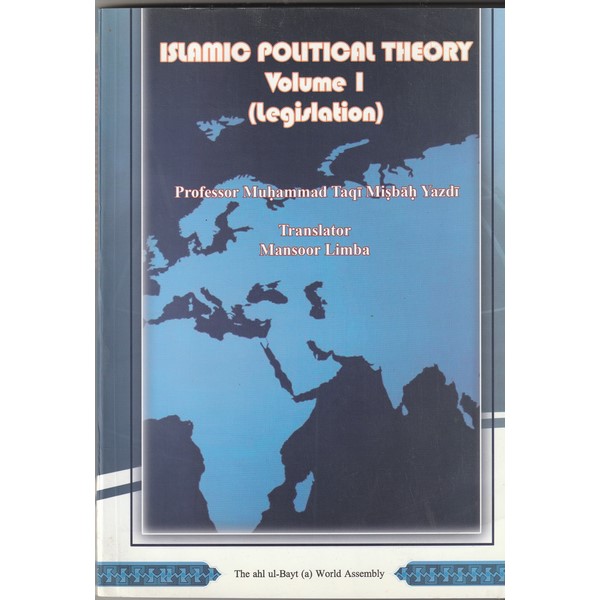
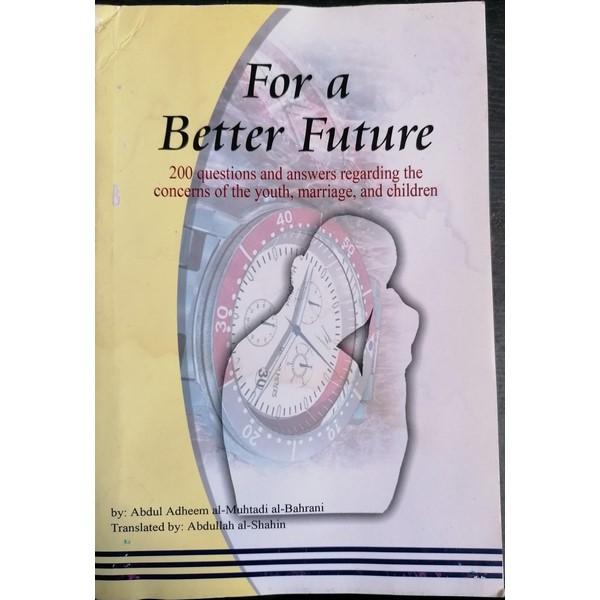

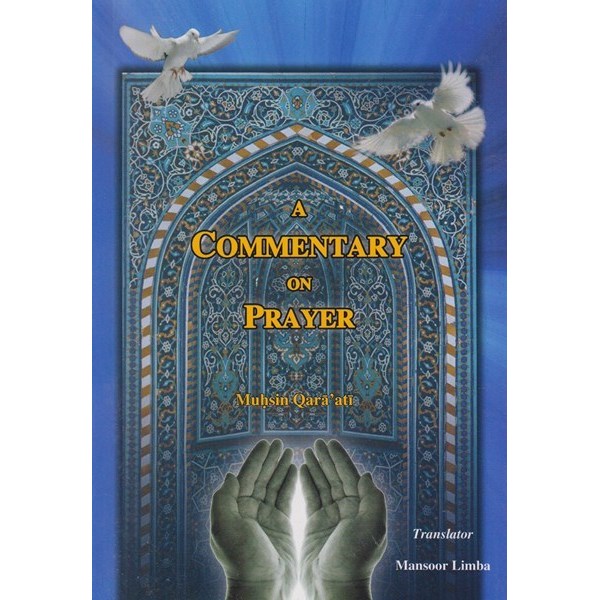

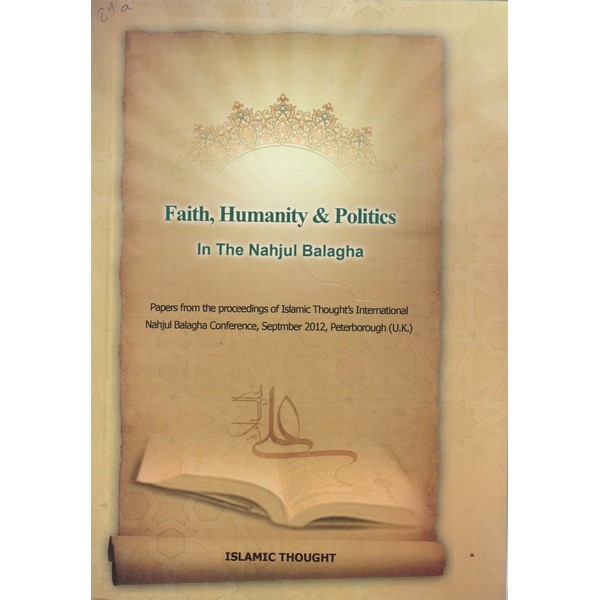
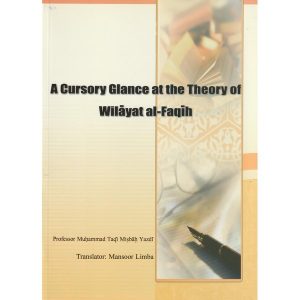



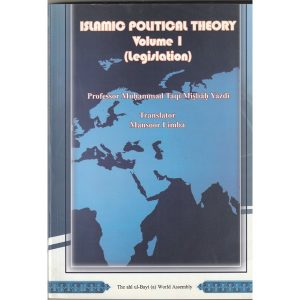
Reviews
There are no reviews yet.